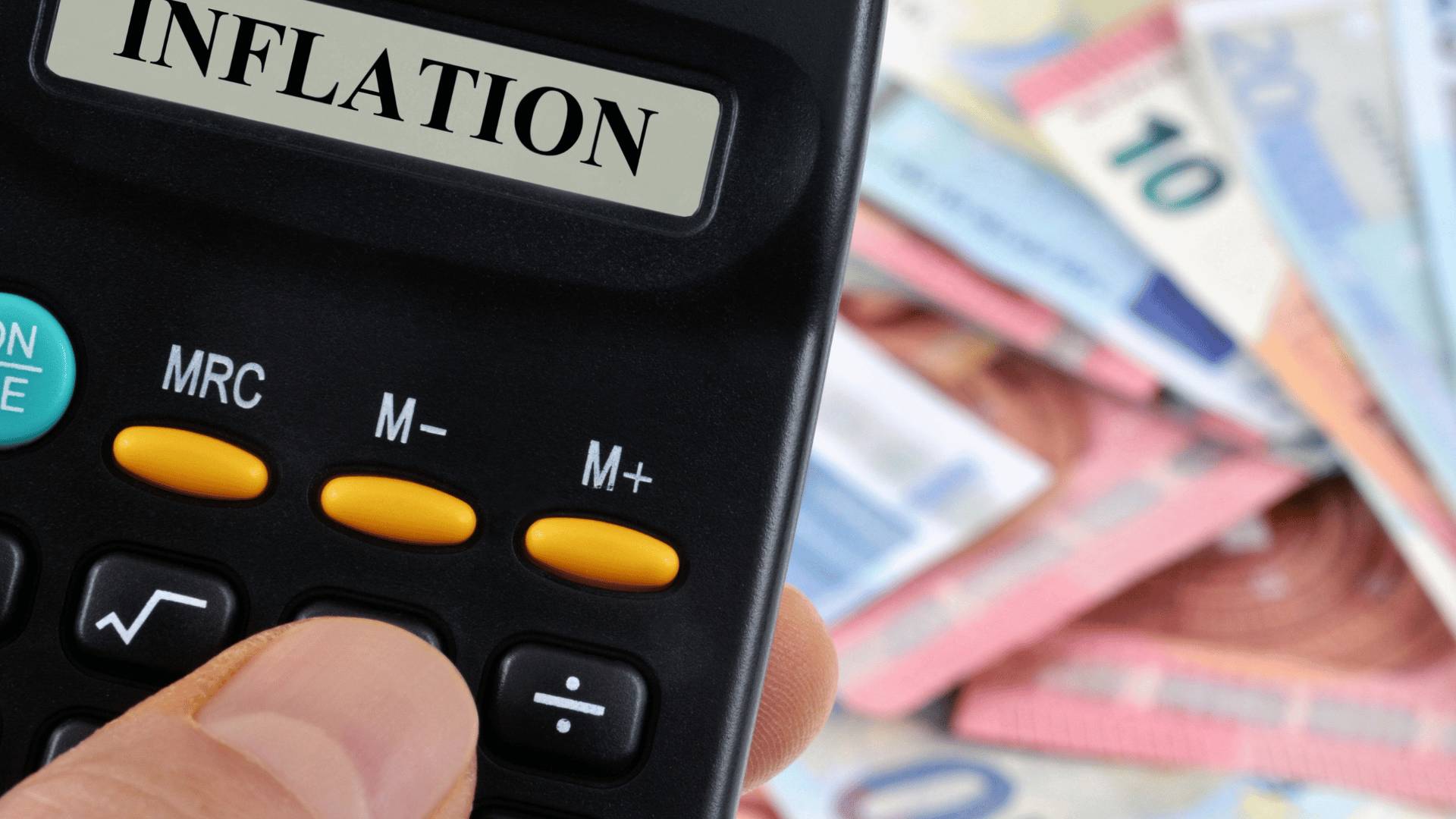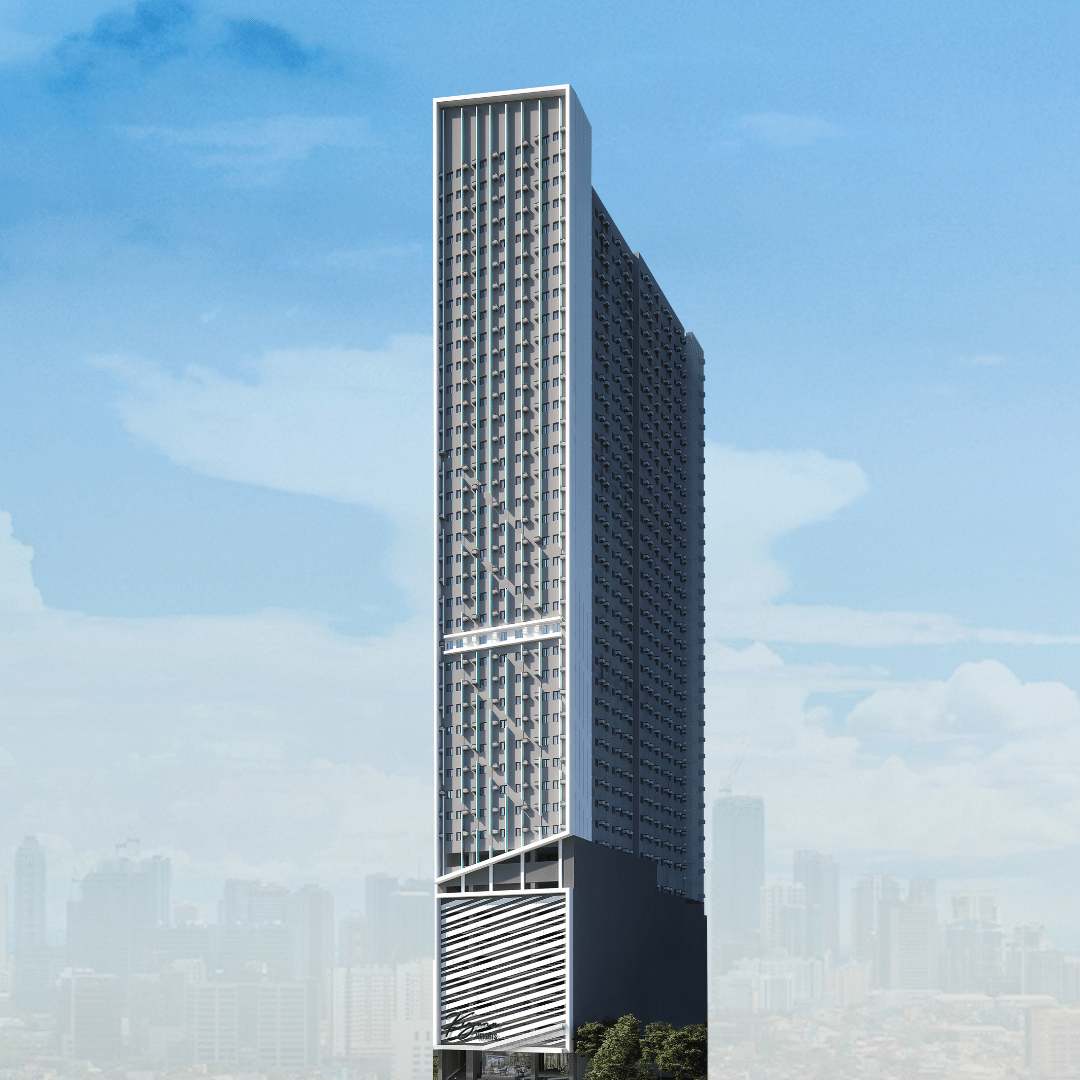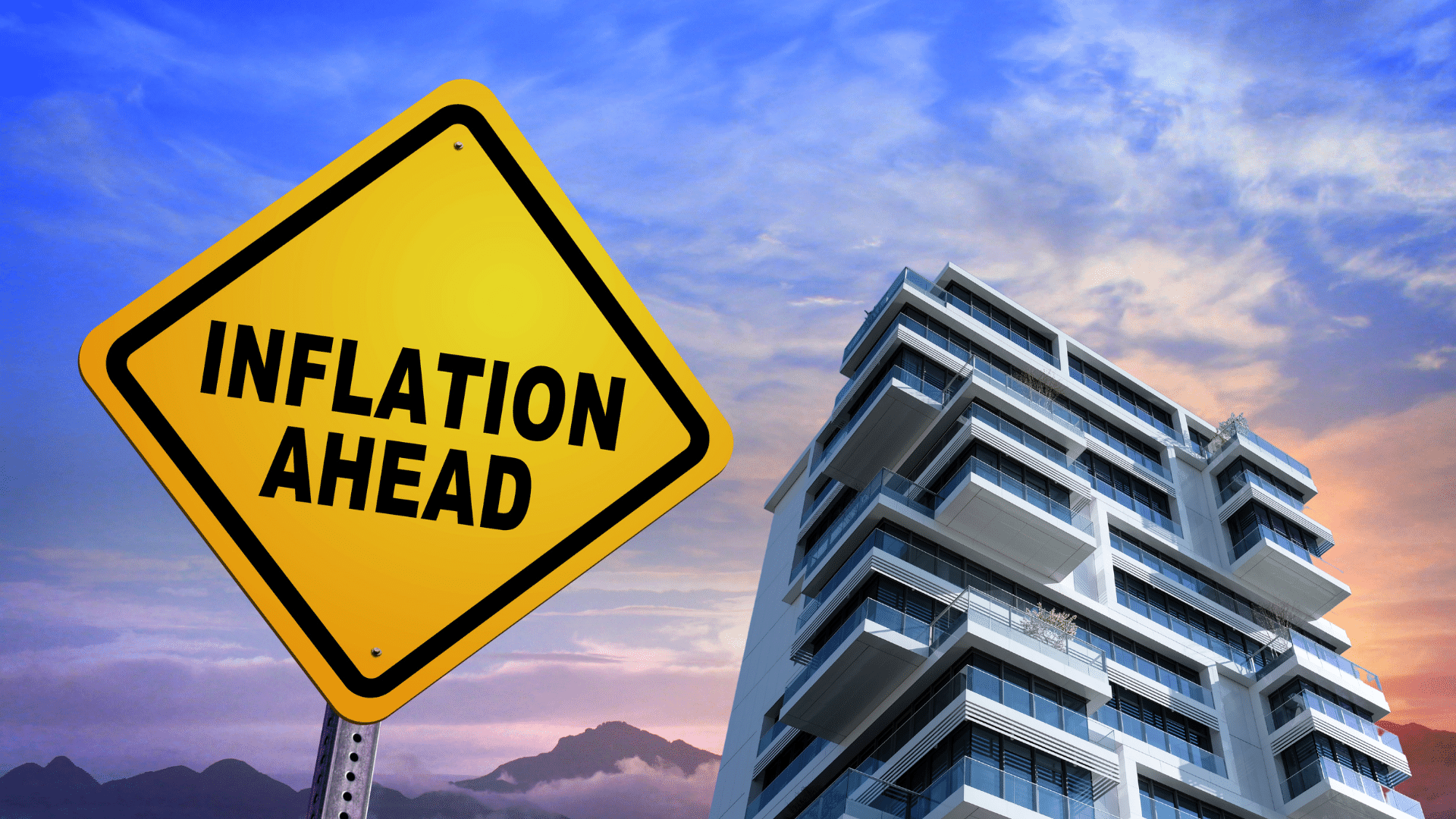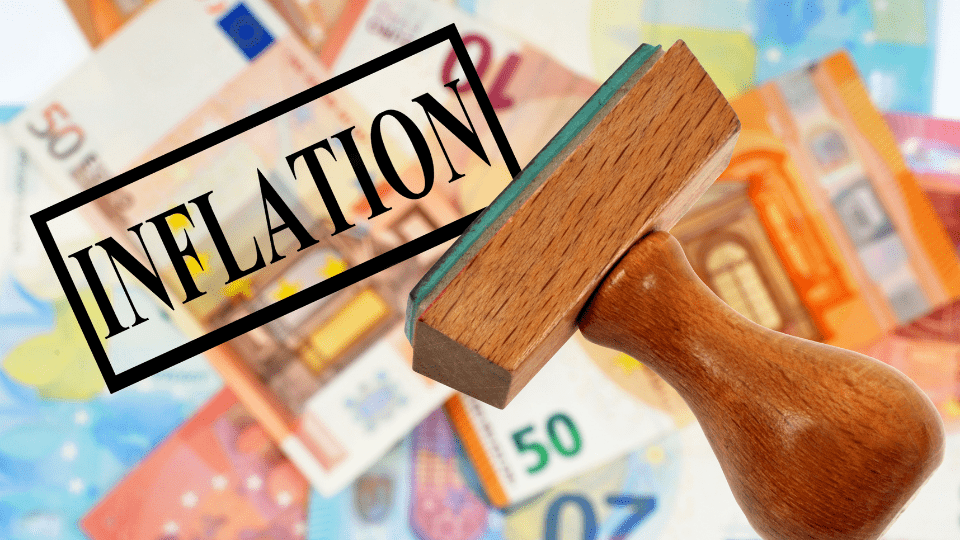Inflation is a rise in prices over time. It is an important economic indicator as it can have serious implications for businesses and investors alike. The Philippines has been facing rising inflation recently, so let's look at what triggers inflation in the Philippines and how it could affect businesses, investors, and you.
Inflation Meaning: What Is Inflation?
Inflation is an economic phenomenon that occurs when the general price level of goods and services increases. It is usually measured by the Consumer Price Index (CPI) or Producer Price Index (PPI). When prices rise, consumers have to pay more for goods and services, leading to a decrease in purchasing power. The annual percentage change in consumer prices measures it. In other words, inflation is a sustained increase in the average price level of goods and services bought by households.
What Causes Inflation in the Philippines?
Understanding what causes inflation is key to predicting its effects on the economy of the Philippines. Let's take a look at what triggers rising inflation in the Philippines and why it should be monitored closely by investors and everyone.
The Primary Drivers of Inflation in the Philippines
The primary drivers of inflation in any economy are supply, demand, and government spending. When the demand for goods within an economy increases faster than the available supply (known as "demand-pull" inflation), prices rise, causing an increase in overall inflation rates. The same holds true when government spending outpaces economic growth, known as "cost-push" inflation; this typically happens when governments spend money on projects or programs to stimulate their economies but don't have enough income from taxes or other sources to pay for them all. Similarly, when there's too much money in circulation (known as "monetary oversupply"), prices increase due to increased competition among buyers for limited resources.
Inflation Caused By Supply Chain Disruptions
Recent events such as pandemics or natural disasters can also cause rapid increases in prices due to disruptions in global supply chains. This type of inflation is called "supply shock" and is most often triggered by sudden changes in production costs or availability of materials—such as oil price shocks or changes in agricultural production due to extreme weather conditions. These types of events can lead to higher costs for producers, which leads to higher prices for consumers and a corresponding rise in overall prices across an economy like the Philippines.
Inflation Caused By Currency Devaluation
Inflation can also be caused by currency devaluation—when a country's currency loses value relative to another currency, such as the US dollar or Euro—due to political instability, market speculation, or other external factors beyond its control. When a country's currency weakens against another currency, it becomes more expensive for foreign buyers to purchase goods denominated in that weak currency; this drives up prices domestically and leads to an increase in overall inflation rates within an economy like that of the Philippines.
Inflation Philippines 2022: What Are The Forecast of Inflation for 2023?
Under the baseline scenario, global inflation is forecast to reach 8.9% in 2022 and then fall to 6.2% in 2023. The outlook for the Philippines is slightly more optimistic, with experts saying inflation to average 4.4% in 2023, up 0.2 percentage points from last month's forecast, and to average 3.1% in 2024. This means that the cost of goods and services will continue to rise in 2023, albeit at a much slower rate than what was seen during 2020. The inflation rate is expected to remain low for the next few years due to subdued economic activity, muted demand from consumers, and weak commodity prices.
Given the current environment, businesses must be prepared for rising inflation in the years ahead and anticipate how it will affect their operations. To mitigate risk and remain profitable, companies should focus on managing costs, building resilient supply chains, and investing in technologies that can help them stay competitive in an ever-changing market.
Ways To Cope With The Possible Increasing Rate of Inflation
While it's impossible to eliminate all inflationary pressures, there are some ways we can cope with them. Let's take a look at some of these strategies.
Budget Carefully
Budgeting is one of the most important things you can do to manage your finances during times of inflation. Having a budget will help you track where you're spending your money and identify areas that need improvement or could be cut down on.
It also allows you to set realistic goals and make sure you don't overspend, which can become an issue when prices are increasing. When creating your budget, make sure that it is tailored to your needs and lifestyle so that it is easier for you to stick to it.
Create an Emergency Fund
Creating an emergency fund is essential in times of economic uncertainty. Most financial advisors recommend having at least three months' worth of living expenses saved up in case of unexpected job loss or other sudden expenses.
This money should be kept in a safe place, like a savings account, so it will not lose value due to inflation. Be sure to regularly check your emergency fund balance and adjust it as needed to ensure you always have enough cash saved up for emergencies.
Be Prepared
One thing we should always keep in mind during times of economic uncertainty due to high inflation rates is that we should always be prepared. Make sure you have an emergency fund saved up so that if something unexpected happens—such as job loss or medical bills—you have enough money set aside for those kinds of expenses and won't be stuck scrambling around trying to find extra cash when prices are already high.
Being prepared also means having a plan B in case something goes wrong; by having multiple ways to generate income or save money, you'll be better able to weather any storms caused by rising costs.
Invest Wisely
One way to protect yourself from inflationary pressures is to invest your money wisely. Investing in assets such as stocks, bonds, mutual funds, and real estate (such as condo properties) can help shield you from rising prices because the value of these investments tends to appreciate over time, regardless of fluctuations in the economy of the Philippines or the inflation rate. In addition, investing can provide a steady stream of income if done properly, which will ensure that you have enough money even during times of high inflation.
Understand The Philippine Economy Today To Stay Ahead
Inflation has a wide range of impacts on businesses, investors, and individuals. Understanding what triggers it in the Philippines is essential for anyone looking to make intelligent economic decisions. Whether it's due to an increase in demand or supply chain disruptions, currency devaluation or other factors, inflation should always be considered. By staying informed and prepared, businesses, investors, and individuals can protect themselves from the negative impacts of rising prices.
Invest In Real Estate With Vista Residences Today
At Vista Residences, we understand the need to invest wisely in times of economic uncertainty. That's why we offer attractive real estate investments to help you build wealth and protect your finances from inflationary pressures. Whether it's a condo in the heart of Makati or a luxurious central business district home, our team is here to ensure you find the perfect property that meets your needs and budget. Contact us today to start exploring our portfolio of properties.
For more information on Vista Residences, email [email protected], follow @VistaResidencesOfficial on Facebook, Twitter, Instagram, and YouTube, or call the Marketing Office at 0999 886 4262 / 0917 582 5167.






